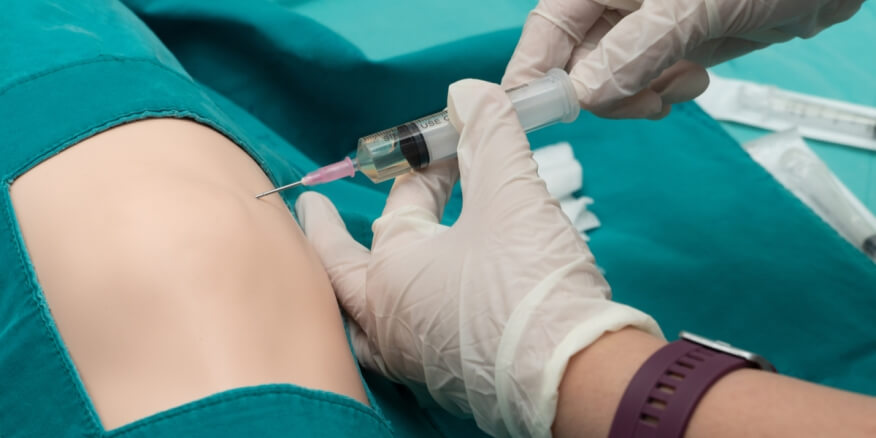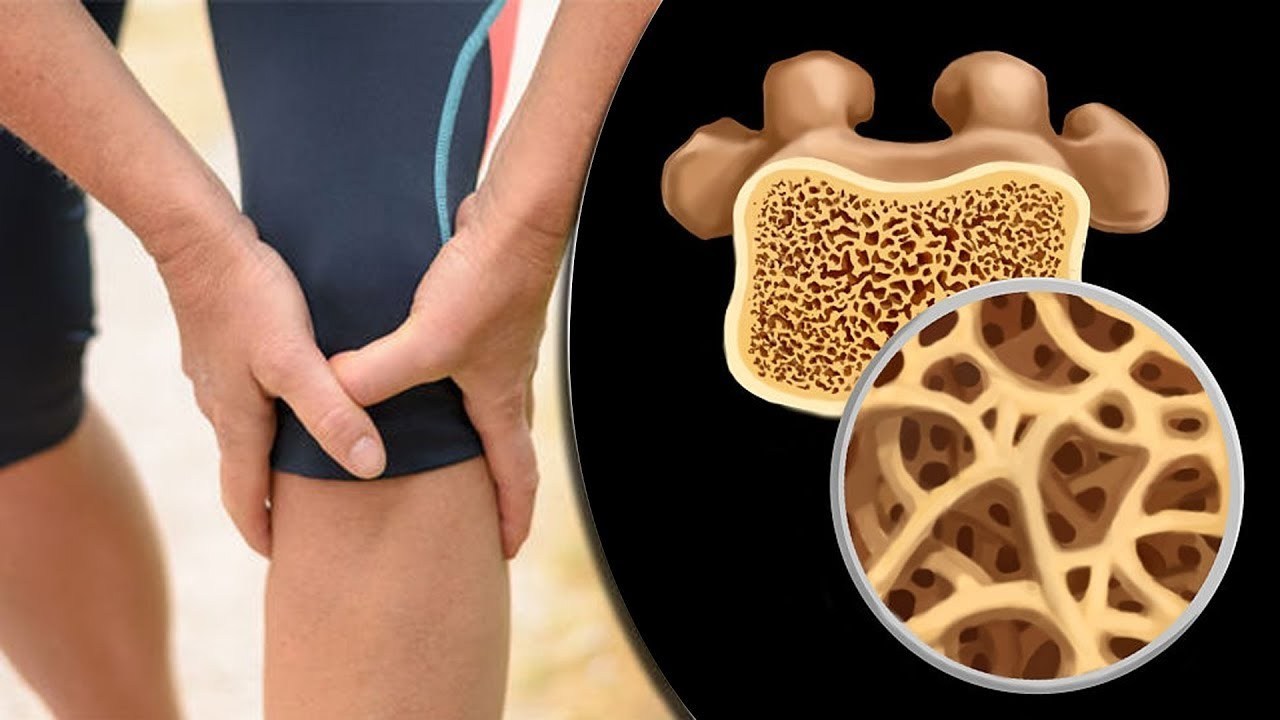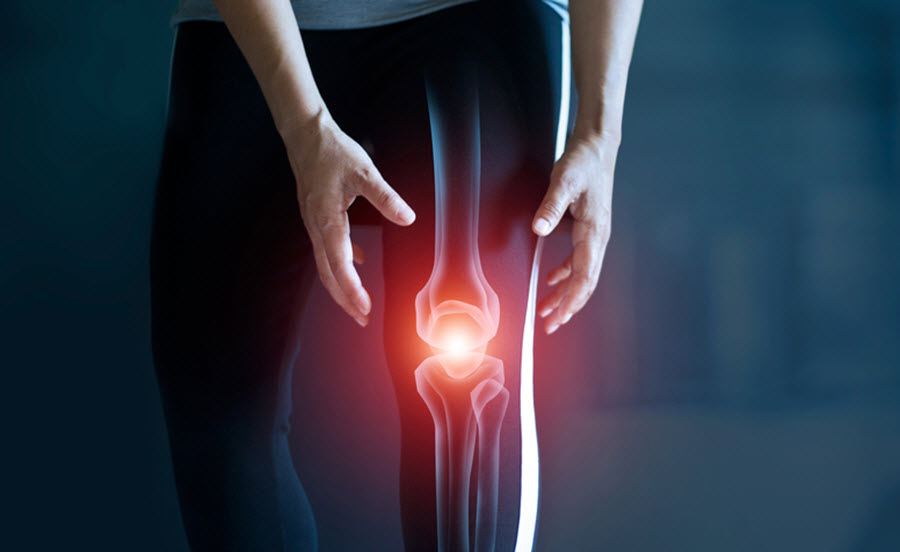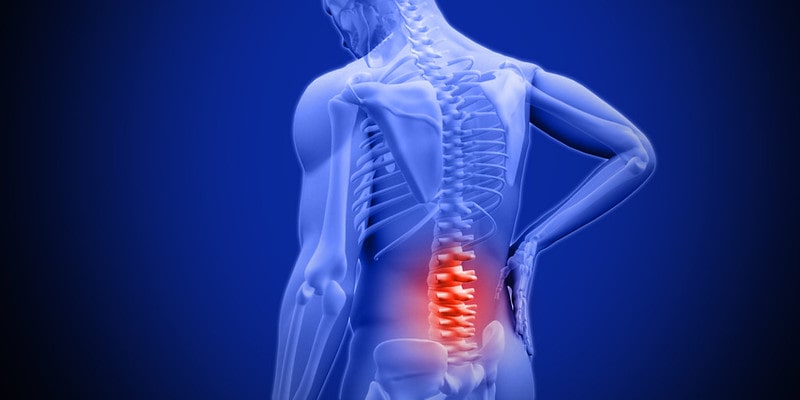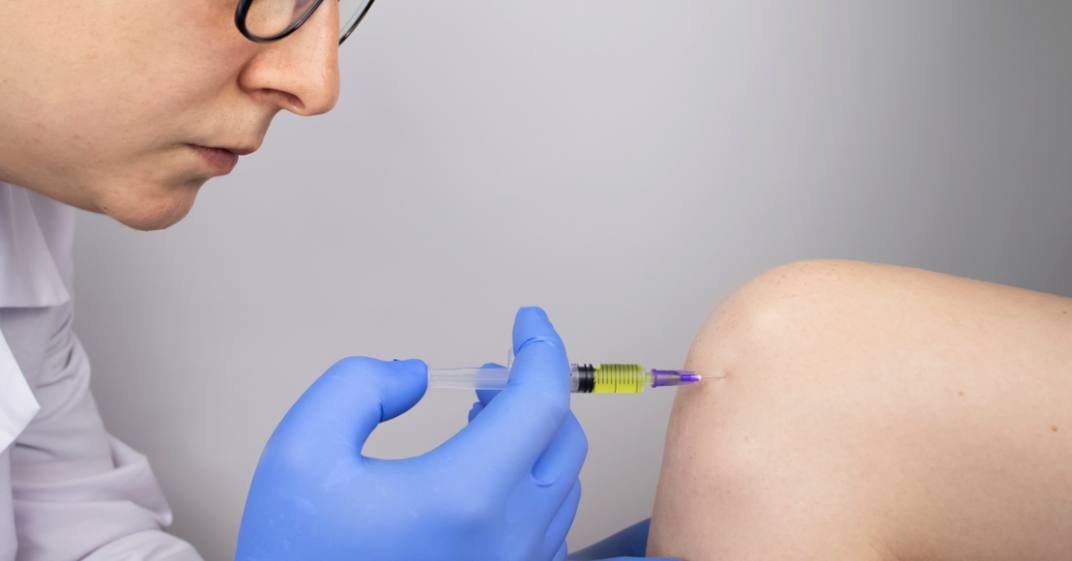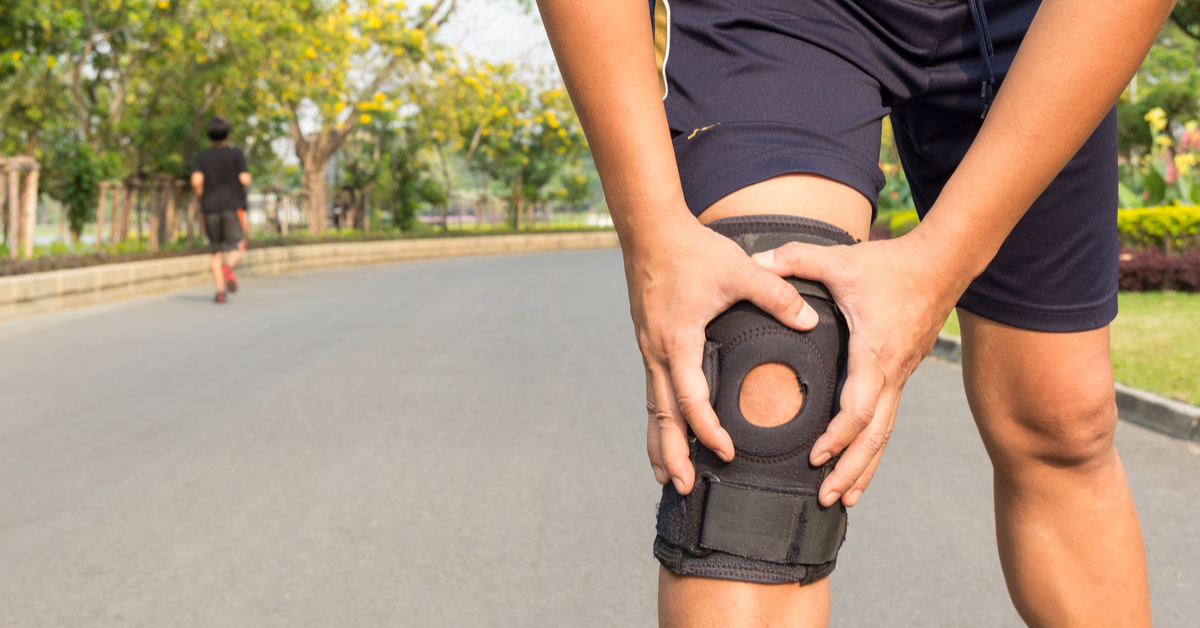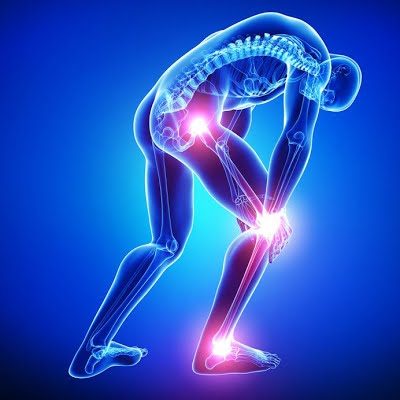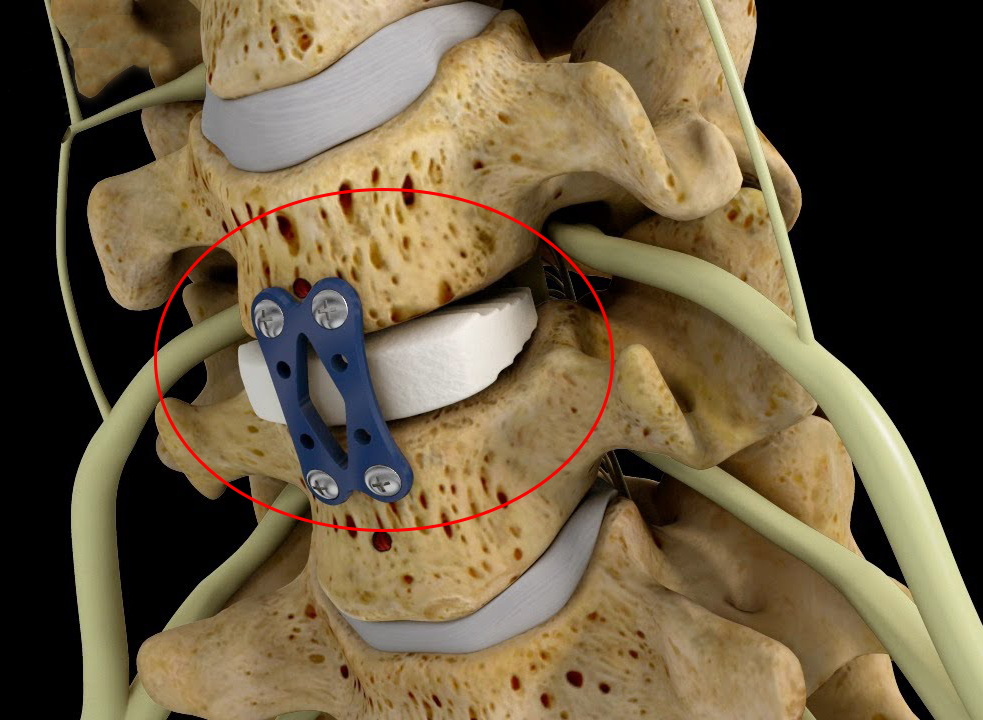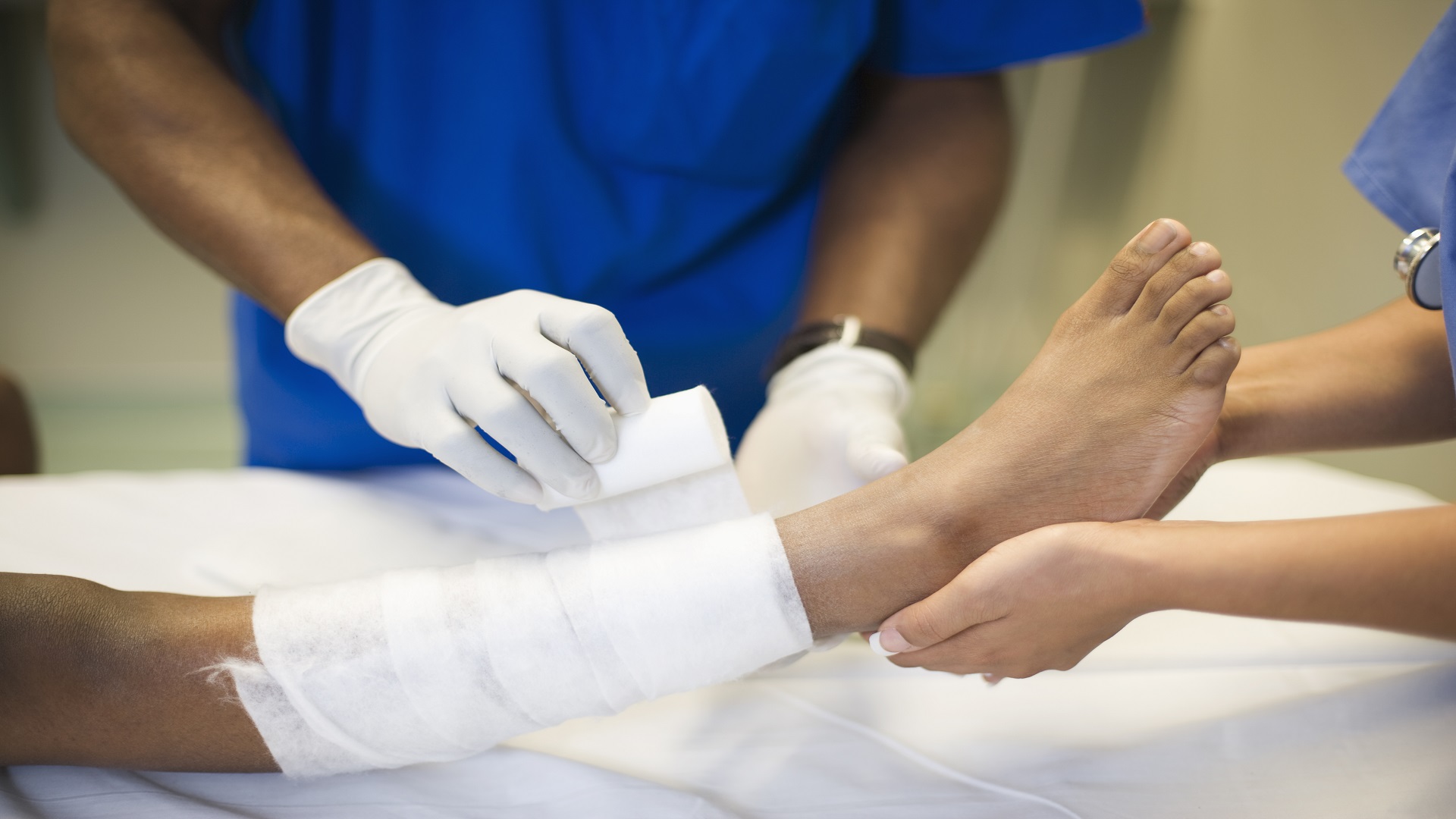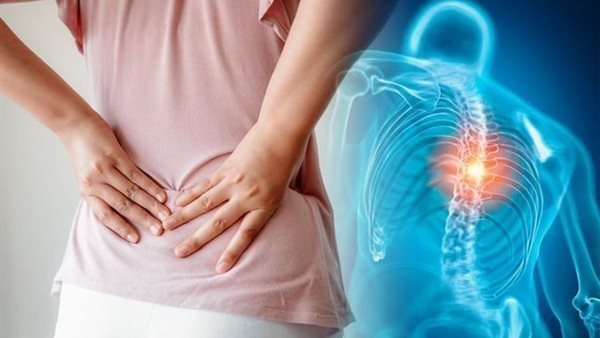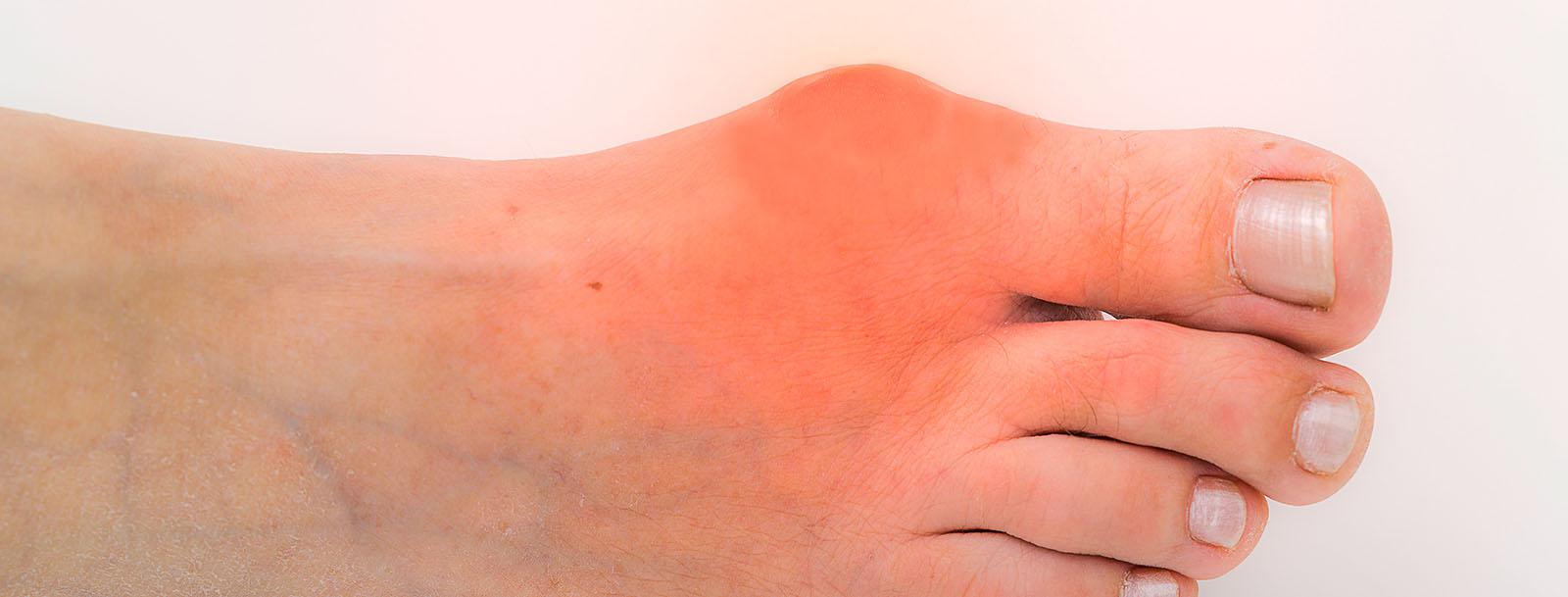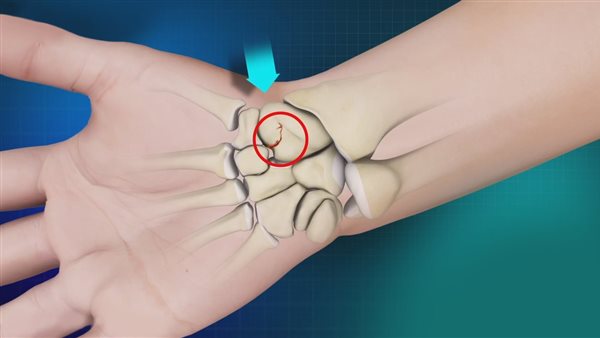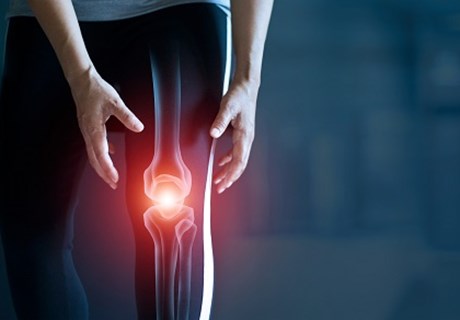Who is the doctor responsible for muscles And how can a patient know if they have muscle inflammation؟
the doctor responsible for the muscles, the doctor specializing in the treatment of muscles works to diagnose and treat various injuries and medical conditions related to muscles, soft tissues, and this doctor uses special skills and modern treatments to help treat muscle pain and recovery from sports injuries and intense training. In addition, the muscle treatment doctor can guide patients on how to improve their healthy lifestyle and manage the stresses they face daily, and through this article we will get to know many different things so follow us.
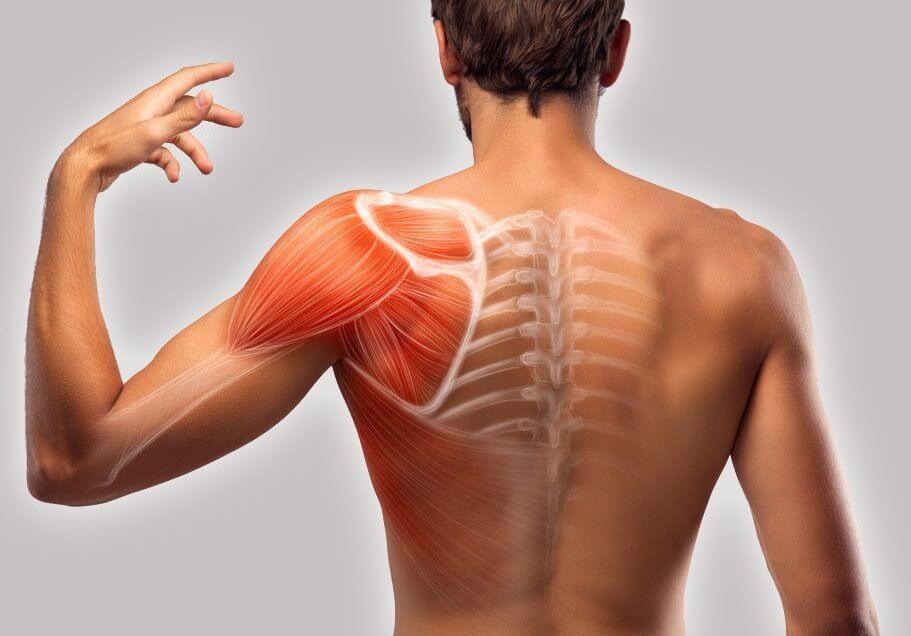
Who is the doctor responsible for the muscles
Muscle problems and the resulting pain vary in their nature and causes, and therefore require great medical specialization that effectively treats these problems according to scientific principles. The doctor responsible for treating muscle pain deals with diseases and injuries of the muscles that cause the patient pain and distress, whether as a result of acute stress, sports, illness, injury, or neglect of general health. If the patient is exposed to any type of muscle pain, the muscle pain treatment doctor will provide an accurate diagnosis and plan a comprehensive treatment plan according to the patient’s circumstances and health condition.
This may include physical and rehabilitation treatments, topical medications or all treatments that would relieve pain and improve muscle condition in general. The doctor responsible for treating muscle pain is highly experienced and competent in dealing with such cases, in addition to the latest treatment techniques that overcome problems in a short time and ensure recovery with the highest degrees of success.
An advanced therapeutic experience with Dr. Amr Amal, an expert in treating muscle problems.
How do I know if I have muscle inflammation?
How do I know if I have muscle inflammation? Here are the most prominent signs and symptoms that may indicate this condition.
- Muscle weakness: You may feel general weakness in the muscles, especially when moving or doing daily activities, such as lifting heavy objects or climbing stairs, which means there is inflammation in the muscles.
- Muscle pain: You may feel sudden pain in the muscles, especially in the neck, shoulders, arms and thighs, which increases in intensity with movement and physical activity.
- Feeling tired and exhausted: You feel severe fatigue and exhaustion for no apparent reason, especially after exercising or normal physical activities.
- Shortness of breath: Muscle inflammation can be accompanied by shortness of breath and difficulty breathing in general, which means there is inflammation in the muscles responsible for breathing.
- Difficulty moving and mobility: There may be difficulty moving and mobility, dizziness and imbalance in general, especially when trying to stand or move.
Diagnosing muscle inflammation:
To diagnose muscle inflammation, the doctor needs to make an accurate diagnosis of the condition using several tests, the most important of which are:
- Blood tests: These tests can determine if there is an increase in muscle enzyme levels, indicating muscle damage.
- Electromyography: This test is used to determine the electrical activity of the muscle, which may indicate muscle inflammation.
- MRI: This test is used to detect any changes in the muscles, especially the muscles that affect the respiratory center.
- Muscle biopsy: A sample of the muscle is taken and analyzed to diagnose muscle inflammation, a test that is directed at very difficult and important cases.
In this article, we shed light on many of the symptoms associated with muscle inflammation, as it can be a sign of muscle inflammation. So if you experience any of these symptoms, you should visit your doctor or seek medical consultation so that you can get the correct diagnosis and appropriate treatment.
Restore your activity and vitality with Dr. Amr Amal’s innovative solutions for muscle problems.

Does an orthopedist treat muscles?
The question “Does an orthopedist treat muscles?” has sparked a lot of debate among individuals suffering from muscle and joint pain. While the orthopedist is experienced in dealing with bone and joint diseases, their expertise in treating muscles, ligaments, tendons and resulting pain may be limited. Still, orthopedists are a common choice for treating muscle pain and chronic fibromyalgic muscular inflammation. This depends on their experience and specialization in dealing with the musculoskeletal system in general. Typically, the doctor will perform a comprehensive exam to verify the injury and determine the cause of muscle pain and inflammation.
The doctor may prescribe physical therapy treatments and rehabilitation assistance, along with pain relievers that relieve pain and swelling. They may also refer the patient to a rheumatologist if there is suspicion of irritation or inflammation in the joints. But because fibromyalgia is a major and complex disease, patients should visit a specialist rheumatologist, for example, to determine the optimal treatment and supervise the progress of recovery. Patients should always consult their doctor before taking any kind of treatment or pain relievers, especially those with any previous health conditions or predispositions.
Discover your path to healing with Dr. Amr Amal, the first choice for muscle treatment.
What disease causes pain in the muscles?
Muscle pain is a condition that many suffer from, and can occur due to physical exertion or resulting from various medical conditions. It is a feeling of pain, fatigue and stiffness in the muscles. Most people experience muscle aches due to physical exertion and strenuous physical activities, but some medical conditions can lead to chronic and severe muscle pain that affects quality of life. Examples of these conditions include myositis, which is a rare inflammatory disease that affects a person’s ability to perform daily motor activities, as it causes muscle weakness.
There is also fibromyalgia, which affects the fascia sheath surrounding the muscles, and chronic obstructive pulmonary disease, which causes shortness of breath and affects a person’s ability to move. Treating muscle pain requires accurately diagnosing the condition and identifying potential causes and providing appropriate treatment, such as drug therapy, physiotherapy and psychotherapy. It is important to take medication regularly, reduce strenuous physical activities and physical exertion to relieve symptoms and generally improve health.
Dr. Amr Amal: Your journey to recovery from muscle problems starts here.

What is muscle treatment?
Over time, it becomes difficult for the body to maintain the same flexibility and strength it once had. Muscle weakness is a common problem in this regard, as it reduces muscle strength and flexibility, leading to reduced daily activity and reduced overall quality of life. Therefore, in this article, we will review the 10 best ways to treat muscles.
- Muscle strengthening exercises: Physiotherapists recommend core muscle strengthening exercises, such as back and abdominal exercises, to strengthen the muscles and increase overall body flexibility. If the muscles are strong, this ensures reducing muscle weakness and improving movement.
- Warm therapy: A heating belt or warm towel can be placed on the painful part of the body to improve blood circulation and reduce pain. This therapy can be applied before doing exercises that strengthen the muscles.
- Cold bathing: Physiotherapy experts confirm that cold water can be a good option to reduce inflammation and swelling that can affect muscles after exercise. When using cold water, this leads to calming the body and muscle contraction.
- Regular exercise: It is essential to exercise regularly in order to be able to improve muscle strength and flexibility. Therefore, it is advisable to exercise for at least 30 minutes a day.
- Relaxation: Massage and relaxation can be used to reduce muscle tension and improve the general condition of the body. Relaxation relies on many methods, including yoga and deep breathing techniques.
- Weight control: It is known that weight gain can lead to muscle weakness, and therefore it is advisable to follow a healthy diet and do appropriate physical exercises to reach an ideal weight.
- Scar treatment: Medical creams can be used to treat scars resulting from intense physical exercises. However, you should talk to a specialist doctor before using any of these treatments.
- Drug therapy: Some medications can be used to relieve muscle tension and reduce pain. Therefore, you should talk to your doctor before using any of these medications.
- Electrical therapy: Electrical therapy can be used to improve pain and improve muscle condition. This therapy can be used in specialized medical centers.
- Surgery: In severe cases, the patient may need surgery to improve the overall condition of the muscles. Therefore, you should talk to a specialist doctor about the appropriate treatment for your condition.
In the end, the key to treating muscles is to follow a healthy lifestyle and treat underlying health conditions, and find the most appropriate treatment for your condition. By doing so, you will have better muscle strength and flexibility, and thus be able to enjoy health and happiness in daily life.
Dr. Amr Aml, where healing from muscle problems is achieved with advanced techniques.
What is the difference between muscle pain and nerve pain?
Often, people feel pain in the body, but the difference between muscle pain and nerve pain is extremely important, as each affects the body in a different way. In this general medical article, we will explain in detail what are the differences between muscle and nerve pain, causes and influencing factors.
- What are the causes of muscle pain?
Muscle pain is the result of muscle strain, whether from acute physical activity, tiring office work, or prolonged standing or sitting. Muscle injury can include muscle strain and sprains. - What are the causes of nerve pain?
In the case of nerve pain, the pain is the result of a disturbance in the function of nerves and fibers, and is usually accompanied by other symptoms such as numbness and tingling. The causes may include nerve infection, excessive nerve strain, or injury. - What is the difference in signs and symptoms of muscle and nerve pain?
When it comes to muscle pain, the pain is often felt within the range of the muscles, and has a clear relationship to the type of activity performed. In contrast, in the case of nerve pain, the person feels pain, numbness and sensory problems due to disturbed nerve function. - What are the different ways to treat muscle and nerve pain?
Muscle pain can be treated through relaxation, massage, medication to relieve pain, and sometimes imaging tests like X-rays or MRI are required. In contrast, the integrated treatment of nerve pain can be done by taking medications that reduce symptoms of nerve inflammation and caring for nerves through dietary supplements. - When should you see a doctor?
If you suffer from chronic muscle or nerve pain, it is important to talk to your specialist doctor as some laboratory and imaging tests may be needed to determine the exact causes of pain and determine the most appropriate treatment.
In the end, muscle and nerve pain are common and likely for everyone, and each case requires a different degree of care and guidance for proper and accurate treatment. Simple care and attention to your health can enhance your sense of well-being and lead to a rapid recovery of general health.
Dr. Amr Aml: Your journey to recovery from muscle problems begins here.

Is it possible to recover from muscle inflammation?
Myositis is a chronic disease that causes inflammation of the muscles and surrounding tissues, leading to muscle weakness and reduced function. Although there is no cure for myositis, receiving treatment can improve muscle strength and function. A combination of medications and therapies can help manage the symptoms of myositis and improve the patient’s condition.
These treatments include physical therapy and immunotherapy with intravenous immunoglobulin. Managing this disease requires following a healthy lifestyle and consulting a doctor to provide appropriate treatments tailored to the condition. There is no cure for myositis, but its symptoms can be alleviated and muscle function improved through appropriate treatments for the condition. Follow-up should be done periodically with the treating physician to ensure the continued effective and appropriate treatment of myositis.
Exercises to treat muscle inflammation
Many people suffer from muscle inflammation and body aches, which can affect their quality of life and make it difficult for them to perform daily activities easily. But thanks to a variety of sports exercises and simple movements, people can get rid of the residues of fatigue and the feeling of pain in the body. Here are some useful exercises and movements to treat muscle inflammation:
- Stretching and warmup exercises: Stretching exercises are the best way to start any physical activity, as they help improve fitness levels and boost body activity. They also improve blood circulation in the body and increase the speed of recovery after exercise. Warm-up exercises before physical activities help avoid injuries and give the body an extra boost. Research has shown that warm-up before physical activity improves body performance.
- Core muscle exercises: Exercises for the core muscles, including the abdomen, back, buttocks, also known as basic exercises, can improve balance and body control and relieve back pain. Among the simple exercises for the core muscles, the bridge, abdominal and back exercises, and side exercises can be included.
- Body massage: Body massage itself is one of the therapeutic exercises for muscle pain. Massage balls and massage devices can be used to relieve aches and cramps in the body. Massage can help improve blood flow and relieve the stress on the body.
- Aerobic exercises: Working with aerobic equipment such as exercise bikes and stepping machines is an effective exercise to improve the health of the body’s muscles. Additionally, jumping and running movements can help improve fitness components and increase heart and lung efficiency.
- Rest and meditation: Rest and relaxation are one of the effective treatments for muscle pain. Practicing a few minutes of meditation or relaxation in the body can relieve stress, improve sleep, and relieve pain.
In summary, appropriate sports exercises and simple movements can help improve the condition of the body’s muscles and get rid of muscle pain. People suffering from muscle pain should contact a physiotherapist and ask about appropriate measures.

Best Medicine for Muscle Inflammation
Here is a list of the best medications used in treating muscle inflammation:
- Azathioprine (Azasan, Imuran): This medication works by suppressing the immune system that causes muscle inflammation. Azathioprine is one of the first treatments prescribed for multiple sclerosis patients. It is considered a safe and effective medication for muscle inflammation conditions.
- Methotrexate (Trexall): Methotrexate works by inhibiting the growth of inflammatory cells and plays a major role in relieving symptoms and improving muscle function in muscle inflammation patients.
- Mycophenolate Mofetil (Cellcept): This medication is one of the common immunosuppressive treatments used to alleviate muscle inflammation symptoms and associated arthritis. These treatments work by suppressing the immune system in the body, leading to reduced overproduction of antibodies.
- Cyclosporine and Tacrolimus: These medications are from the calcineurin inhibitors drug family and are used as immunosuppressive therapy for muscle inflammation. These drugs are known as “biologics” and are only available by prescription.
- Rituximab (Rituxan): Rituximab is primarily used in the treatment of dermatomyositis. This medication is widely used to suppress white blood cells in the brain that cause inflammation in the muscles and surrounding tissues.
In conclusion, there are many different medications used in the treatment of muscle inflammation. It is important to consult your doctor before starting any new treatment. Identifying and avoiding potential triggers of muscle inflammation can effectively improve overall muscle and immune system health.
Restore vitality to your muscles with specialized care from Dr. Amr Aml.
Best Doctor for Treating Muscle Inflammation
Dr. Amr Aml is one of the best doctors in treating muscle inflammation. He has exceptional expertise in orthopedic and joint surgery and specializes in many bone injuries. He has performed numerous successful surgeries in this field. Dr. Amr is also renowned for his excellent and unique approach to pain management. His vast experience is combined with comprehensive care.
Dr. Amr graduated from medical school with honors and provided outstanding patient care over his many years working in this field. By identifying the causes of muscle inflammation and conducting necessary tests, Dr. Amr treats patients using the best methods available.
With his scientific and practical expertise, Dr. Amr provides effective treatment for muscle inflammation patients. Additionally, Dr. Amr has an amazing therapeutic approach, focusing on details and caring for each patient comprehensively.
Dr. Amr also works with contracted insurance providers, facilitating easy access to necessary treatment for patients. Patients can book appointments with Dr. Amr Aml by contacting him or visiting his clinic in New Cairo, Egypt.
Overall, it can be said that Dr. Amr Aml is an expert in treating muscle inflammation and provides high-quality medical services to patients. His extensive expertise and knowledge enable him to treat patients using the best possible methods, making him an ideal choice for anyone suffering from muscle inflammation.

